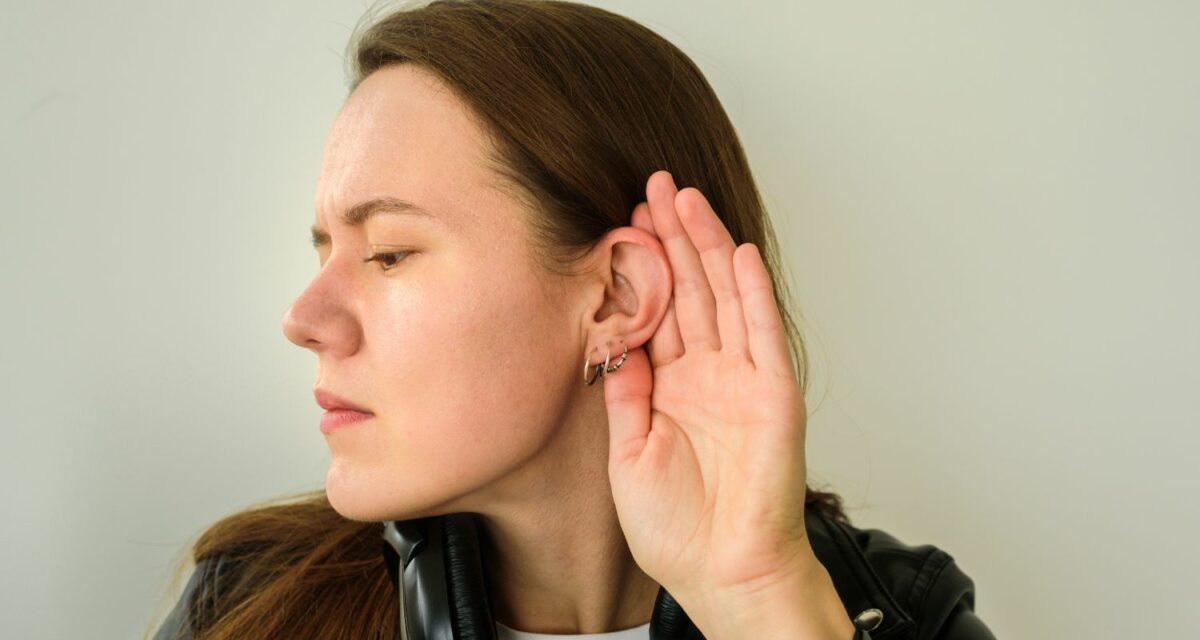Did you know that noise exposure is one of the most common causes of hearing loss? Regular or even one time exposure to noise can permanently damage the auditory system – the sensory system for hearing. But this type of hearing loss is completely preventable. Practicing a few simple strategies can protect your hearing health and prevent the development of noise induced hearing loss.
Who is Impacted by Noise Induced Hearing Loss?
A common misconception about hearing loss is that it only impacts older adults. But more and more children and young adults experience an increased risk of developing noise induced hearing loss. The World Health Organization (WHO) estimates that over 1 billion people (ages 12 – 35) are at high risk of hearing loss caused by recreational exposure to loud noise. This includes listening to audio from personal electronic devices as well as exposure to high noise levels in social/public spaces (concerts, arenas, parties, restaurants etc).
Additionally, the work environment is another major source of loud noise exposure. The Hearing Health Foundation estimates that over 22 million people are exposed to hazardous noise levels in the workplace. Research also shows that musicians, who are regularly exposed to lots of noise, can be 4 times more likely to develop hearing loss than non-musicians. This data highlights that a substantial amount of people can be impacted and experience an increased risk of developing noise induced hearing loss.
What Causes Noise Induced Hearing Loss?
Loud noise can irreversibly damage the hair cells in the inner ear. There are thousands of sensory cells in the cochlea which play a crucial role in how sound is processed. Sound Waves are absorbed and travel down the ear canal and eventually reach the inner ear. These hair cells help convert these sounds into electrical signals which get carried to the brain. Specific portions of the brain then process these signals and assign meaning to them which is how we are able to understand what we hear.
Loud noise and the intensity of these soundwaves can cause these sensory cells to become desensitized. This reduces their capacity, often gradually, to perform their essential function which results in the brain receiving less auditory information and this produces hearing challenges. Because these hair cells, unlike other types of cells we have, do not regenerate and there are no medical treatments that can repair them, the damage they experience is permanent. This causes chronic, noise-induced hearing loss.
How Loud is Too Loud?
It is important to understand that sound does not have to be as loud as you may think in order to damage your hearing. Sound is measured in decibels (dB) and people can be exposed to 85dB for 8 hours a day as a maximum threshold for safe listening. This is equivalent to a hair dryer, busy restaurant, and city traffic. For noise that exceeds this volume, exposure time needs to be significantly adjusted.
The National Institute for Occupational Safety and Health guidelines outline that for every 3 decibel increase of noise above 85dB, exposure time should be cut in half. Their guidelines for safe listening include:
- 85dB: 8 hours
- 88dB: 4 hours
- 91dB: 2 hours
- 94dB: 1 hour
- 97dB: 30min
For reference, audio played from an iPhone while wearing headphones can reach up to nearly 100dB on the highest volume setting. At this level, exposure time cannot surpass 15 minutes.
What Are Tips to Protect Hearing Health?
Noise induced hearing loss is 100% preventable. Practicing a few safety measures can mitigate the potential harm of loud noise. A few tips include:
- Wear hearing protection: this includes headphones, earbuds, and earmuffs which offer the eras a protective barrier, reducing the amount of loud noise you absorb. Investing in noise canceling headphones is another useful tip. This prevents you from increasing the volume while moving through noisier spaces, enabling you to listen to audio safely.
- Reduce exposure: there are several ways you can reduce your exposure to loud noise – maintain low volume settings on electronic devices, avoid environments that are noisy, roll up your windows when you are driving to reduce environmental noise etc.
- Take listening breaks: take short listening breaks throughout the day to give your ears and brain a break from absorbing and processing sound all day.
- Test hearing: have your hearing evaluated yearly which allows you to track your hearing health adn address any symptoms early.
These strategies are effective ways to prioritize and protect your hearing health. Contact us to learn more about custom hearing protection options.

